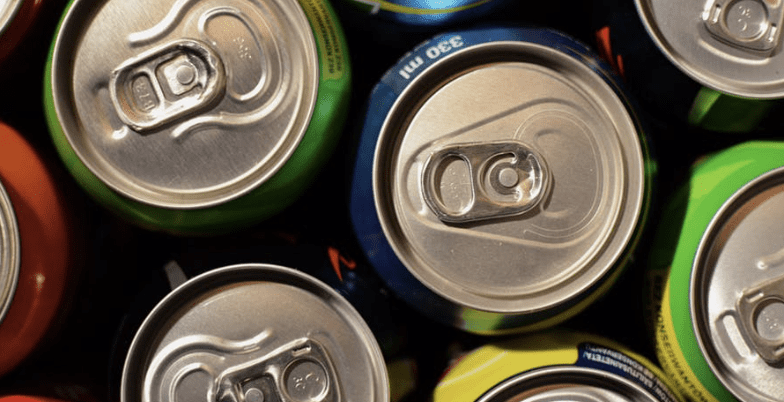Imagine this scenario: you’re starving, you decide to get some ice cream, you can’t control yourself and go ALL IN.
Then the worst happens: BRAIN FREEZE!
But where does that ice cream headache actually come from?
Dr. Joseph Hulihan of Paradigm Neuroscience says that ice cream is a very common cause of headaches and about one-third of the population gets those painful bouts brought on by ice cream.
Going back to the 1960s, brain freeze has been blamed on one culprit: rapid constriction and dilation of blood vessels.
When something extremely cold touches the roof of your mouth, the blood vessels there cool rapidly and constrict. When they warm up, the blood vessels experience rebound dilation.
This dilation is sensed by pain receptors and pain signals are sent to the brain. The trigeminal nerve sends the signals and it is also responsible for sensation in the face. When the brain receives these signals, it often thinks the pain is coming from the forehead and therefore, we experience headaches.
Strangely, when we experience brain freeze, we’re actually perceiving pain in a different area from the site of the actual stimulus, which is the roof of the mouth in this case. This is known as “referred pain”, and it’s similar to people feeling pain in their chest or their neck when they’re actually having a heart attack.
By slowing down your consumption of cold food or drinks, you allow your mouth (and those pesky nerves) to adjust to the temperature.
Last, here’s a helpful tip to get rid of brain freeze? Put your tongue on the roof of our mouth and hold it there. When the area warms, the pain will go away.
Hope that helps!
The post This Is Why We Get Ice Cream Headaches and How We Can Stop Them appeared first on UberFacts.
 #爆食王わったん⠀ -⠀ #summer #good #popsicle #icelolli #9gag #brainfreeze
#爆食王わったん⠀ -⠀ #summer #good #popsicle #icelolli #9gag #brainfreeze

